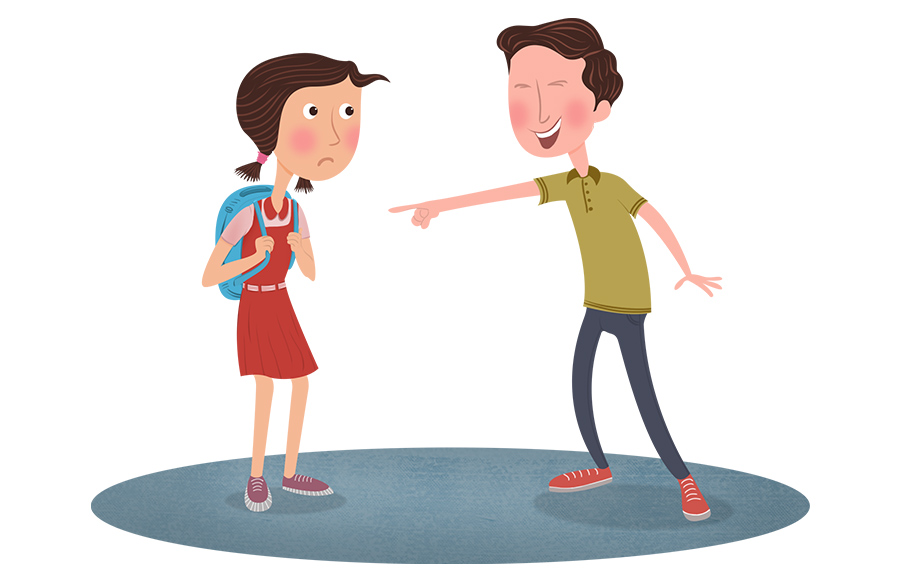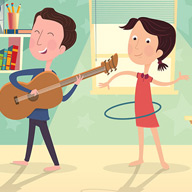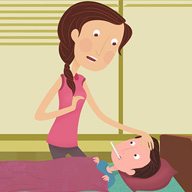Bullying and teasing are not trivial matters. An increasing number of children in schools across the world are being bullied by their classmates or seniors. Gone are the days when children should be told to develop a thick skin and accept the harassment and taunting lying down.
Allowing a bully to carry on their behaviour gives more power to them and in turn, upsets and traumatizes your child. Bullying is an aggravated form of teasing and both are done with the intent to hurt. When teasing is done between two friends, both of whom understand it is a joke and take it without feeling hurt, it is not harmful. Unchecked teasing without consequences can turn into bullying – which can be harmful and cause emotional damage and can cripple a child's confidence.
As a parent, you are one of the few people your child can turn to, without fear or discomfort. From their first day at school, your child should be aware that you are always there, on their side, in case anything happens. As uncomfortable as it may be for you, clear conversations and lines of communication with your child are essential – so that they approach you at the first instance of bullying, rather than when it spirals out of control.
If your child approaches you with information on how they are being bullied, listen with a calm mind. Reacting immediately, even if your intentions are good, may cause your child to retreat and not relay more information. Be clear with them on how you plan to proceed – be it talking to their teacher, the school guidance counsellor or a helper at the school. Remind them that they are in a safe space by talking to you and that their best interests are always in your heart.
Once you have conveyed the situation to your child's school, sit down with your child to help them understand what is going on. They need to be assured that they have the right to be in a safe environment while at school, one that does not involve bullying. Constant taunting can have a debilitating effect, leading to a loss of confidence. Remind them that bullying comes from sadness and insecurities in the life of the bully and is no way a reflection of the kind of person your child is. Make sure that they understand that this will pass and remind them of the amazing person they are.







